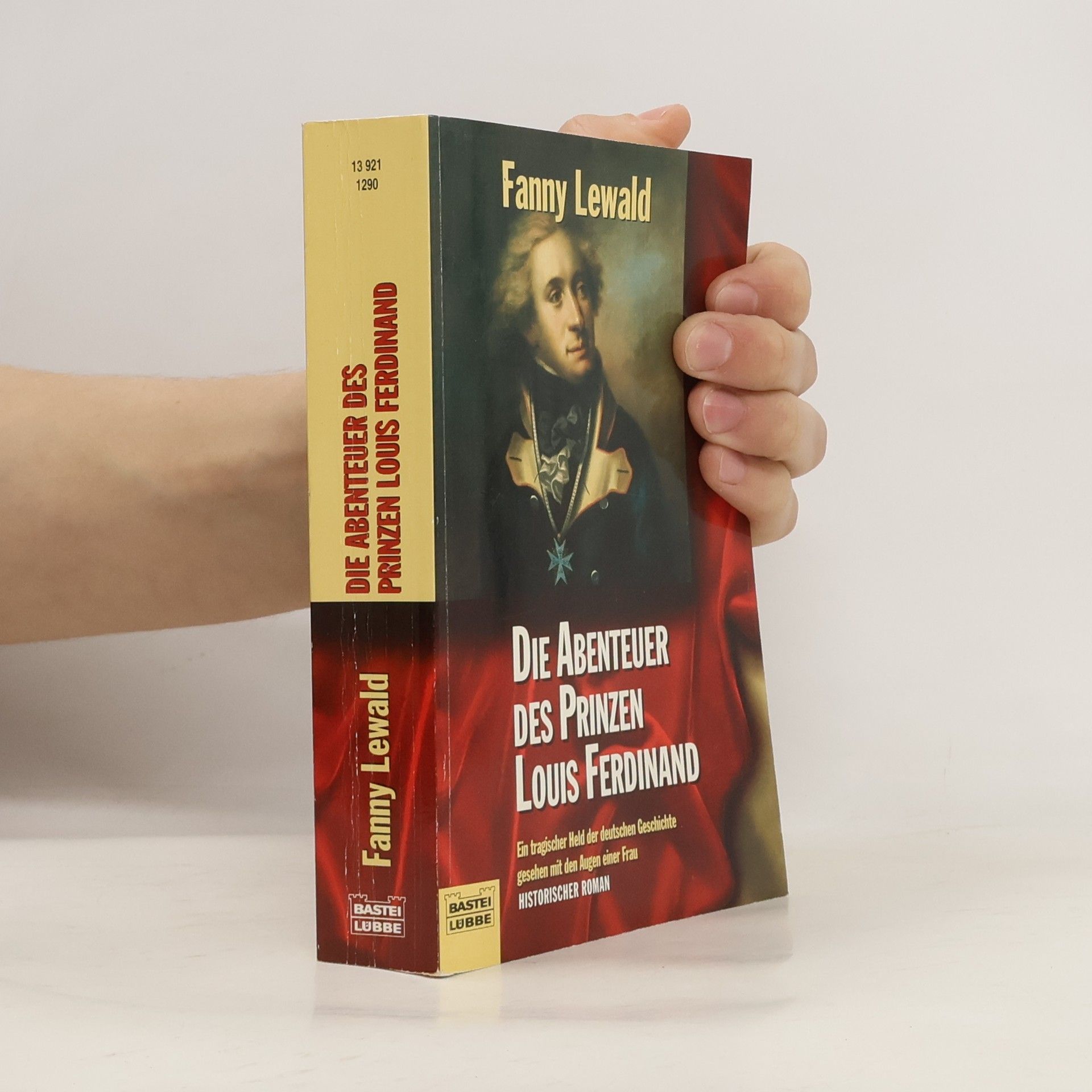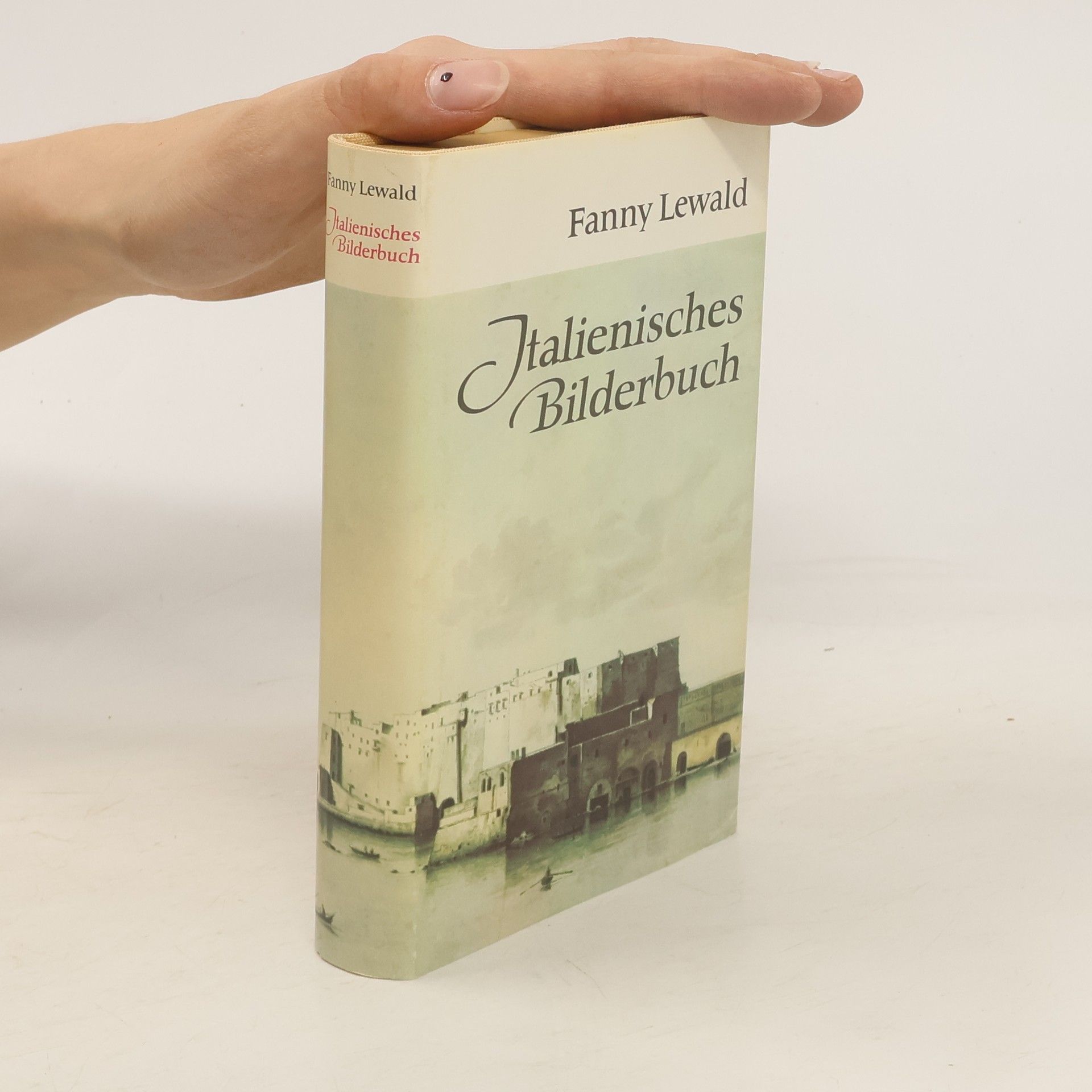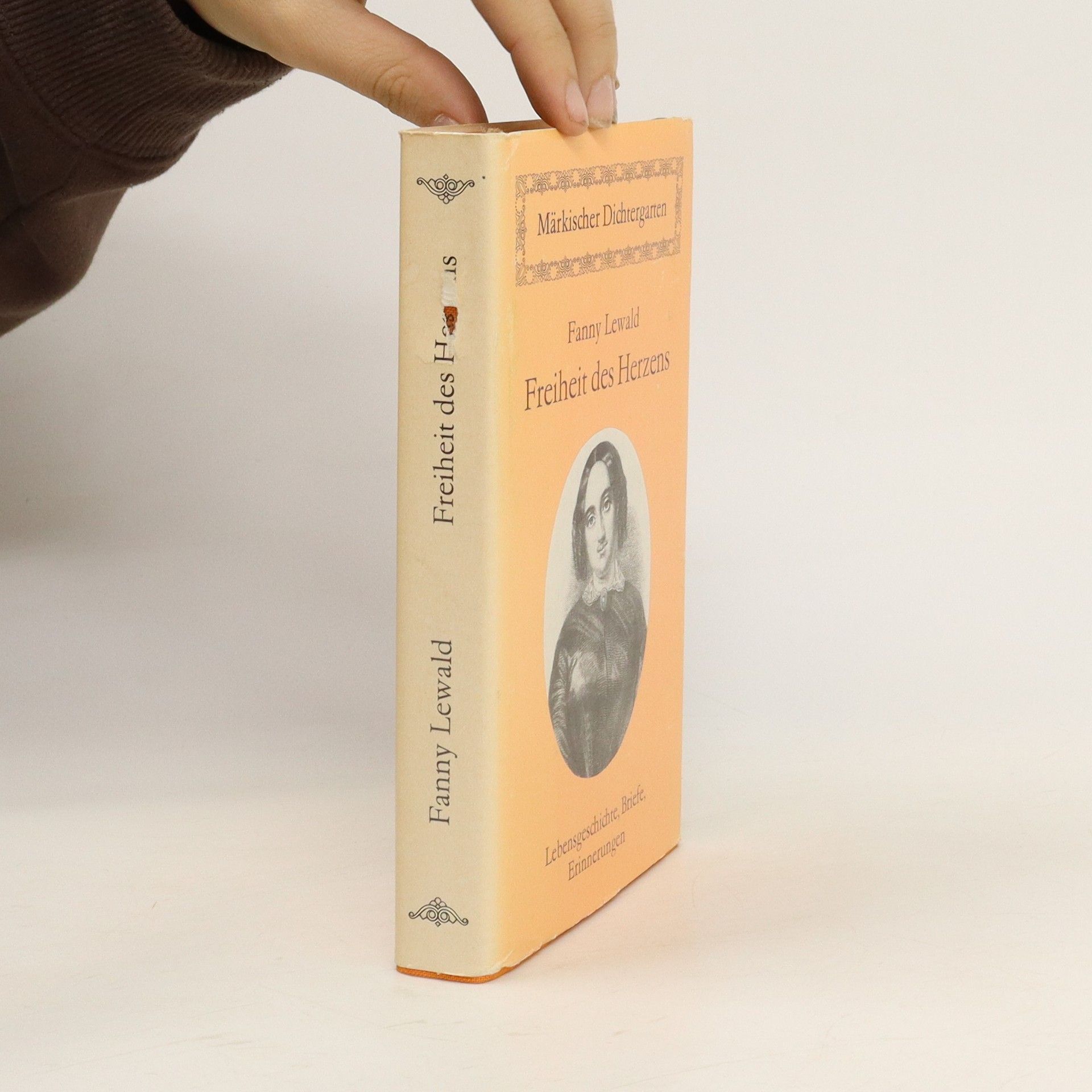Fanny Lewald erzielt 1843 mit einem der ersten Frauenromane in deutscher Sprache ihren literarischen Durchbruch. Die autobiografisch inspirierte Hauptfigur Jenny Meier steht im Spannungsfeld zwischen Liebe und religiöser Orthodoxie und entscheidet sich zunächst gegen die Liebe, wird jedoch später tragisch eines Besseren belehrt. Der Erstdruck erschien anonym in Leipzig und die vollständige Neuausgabe, herausgegeben von Karl-Maria Guth, bietet eine Biographie der Autorin. Die Textgrundlage stammt aus der revidierten Ausgabe von 1872, wobei die Paginierung der Originalausgabe als Marginalie beibehalten wird. Das Coverdesign von Thomas Schultz-Overhage verwendet ein Bild von Arnold Böcklin. Fanny Lewald wurde 1811 in Königsberg in eine jüdische Kaufmannsfamilie geboren, erhielt jedoch die höhere Bildung, nach der sie verlangte, nicht. 1830 konvertierte sie zum Protestantismus und begann in den 1840er Jahren mit dem Schreiben, veröffentlichte ihre Werke jedoch anonym auf Wunsch ihrer Familie. Mit ihrem zweiten Roman gelang ihr 1843 der Durchbruch, wodurch sie finanziell unabhängig wurde. Sie setzte sich energisch für die Rechte der Frauen ein und wurde nach ihrem Umzug nach Berlin 1845 mit ihrem Salon zu einem geistigen Zentrum der Hauptstadt. 1889 starb Fanny Lewald in Dresden.
Fanny Lewald Books
Fanny Lewald was a German author whose work primarily focused on family, marriage, and social issues. Her novels often explored the intricate relationships and challenges faced by women of her era. A prominent figure in early feminism, Lewald used her writing to advocate for social reform and equality. Her literary contributions are valued for their insightful commentary on human nature and societal norms.




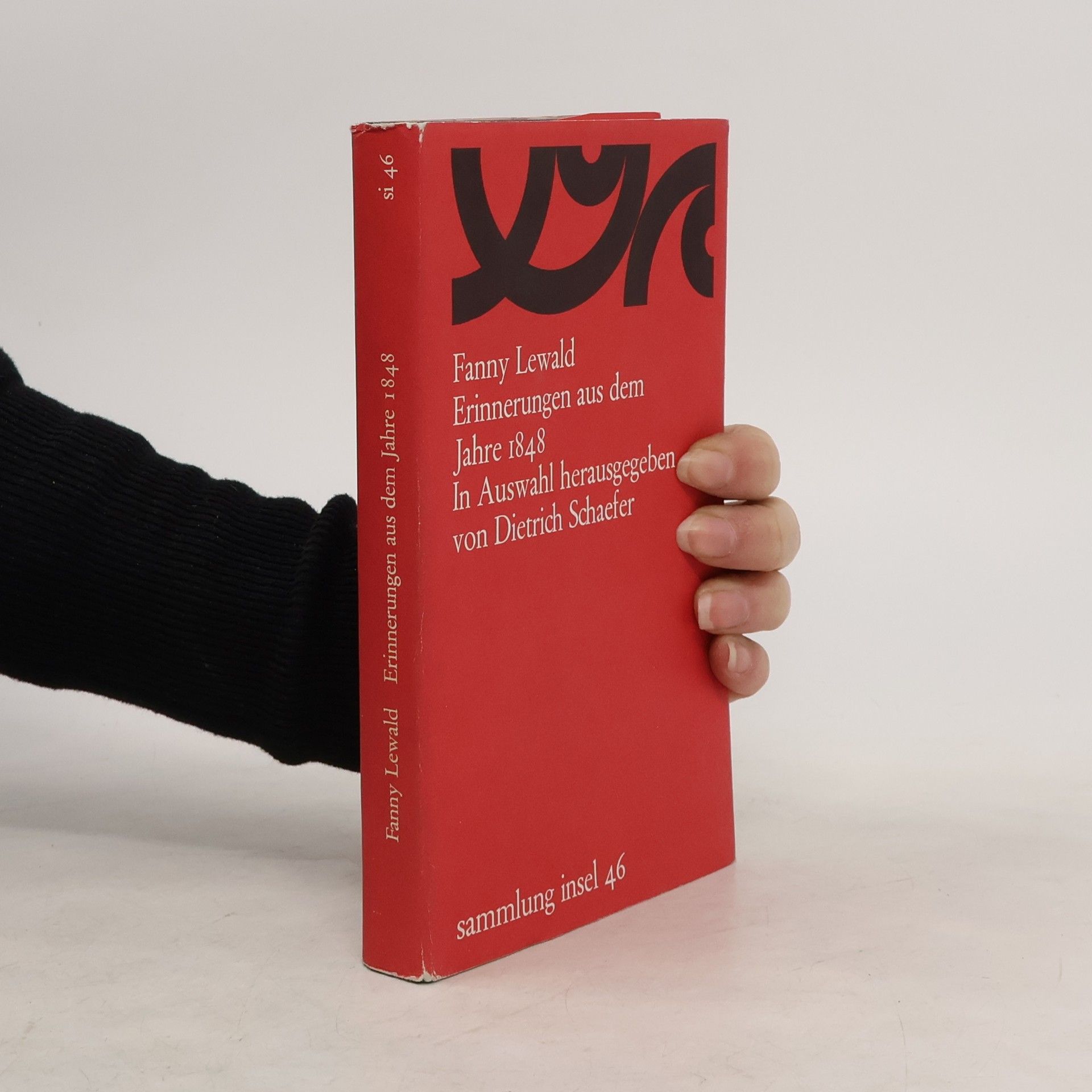
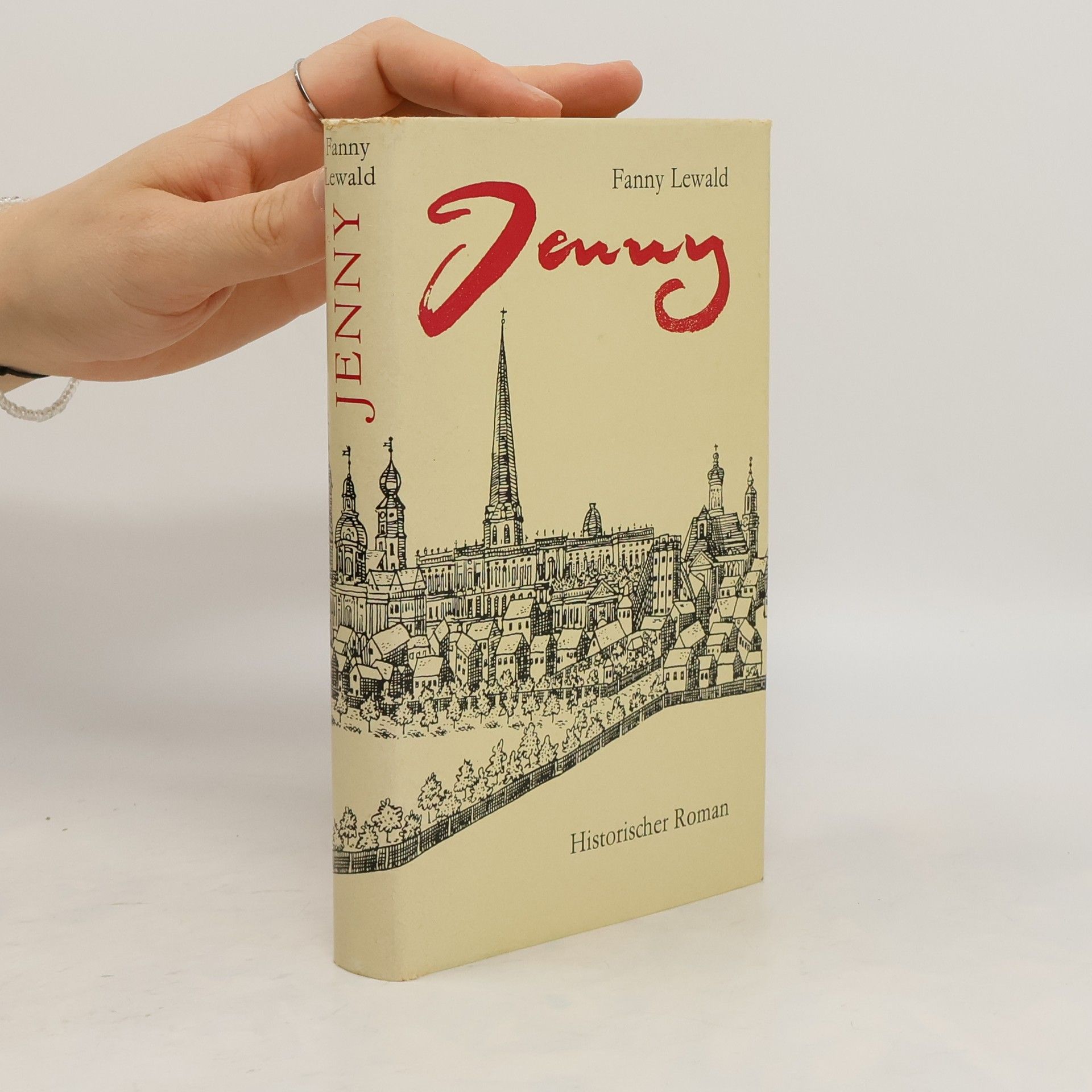
Die Protagonistin Jenny kämpft im 19. Jahrhundert mit den Herausforderungen ihrer Rolle als Frau in einer von Männern dominierten Gesellschaft. Der Roman beleuchtet ihre inneren Konflikte und den Wunsch nach Selbstverwirklichung, während sie sich zwischen gesellschaftlichen Erwartungen und persönlichen Ambitionen hin- und hergerissen fühlt. Fanny Lewald thematisiert die Themen Identität, Freiheit und die Suche nach Liebe, wobei sie ein eindringliches Porträt einer starken, aber verletzlichen Frau zeichnet. Die Geschichte ist sowohl eine soziale als auch eine emotionale Reise.
In diesem Roman wird das Leben von Jenny, einer jungen Frau im 19. Jahrhundert, eindrucksvoll dargestellt. Die Erzählung thematisiert ihre inneren Konflikte und die Herausforderungen, die sie in einer von gesellschaftlichen Normen geprägten Welt bewältigen muss. Fanny Lewald beleuchtet Jennys Streben nach Selbstverwirklichung und Unabhängigkeit, während sie sich mit Fragen der Liebe, Identität und gesellschaftlichen Erwartungen auseinandersetzt. Die tiefgründige Charakterzeichnung und der historische Kontext machen das Werk zu einem bedeutenden Beitrag zur Frauenliteratur jener Zeit.
Der dritte Stand
- 208 pages
- 8 hours of reading
Der dritte Stand - Gesammelte Novellen ist ein unveranderter, hochwertiger Nachdruck der Originalausgabe aus dem Jahr 1862. Hansebooks ist Herausgeber von Literatur zu unterschiedlichen Themengebieten wie Forschung und Wissenschaft, Reisen und Expeditionen, Kochen und Ernahrung, Medizin und weiteren Genres.Der Schwerpunkt des Verlages liegt auf dem Erhalt historischer Literatur.Viele Werke historischer Schriftsteller und Wissenschaftler sind heute nur noch als Antiquitaten erhaltlich. Hansebooks verlegt diese Bucher neu und tragt damit zum Erhalt selten gewordener Literatur und historischem Wissen auch fur die Zukunft bei."
Die Abenteuer des Prinzen Louis Ferdinand
- 464 pages
- 17 hours of reading
Fanny Lewald: Italienisches Bilderbuch Erstdruck: 1847 Vollständige Neuausgabe mit einer Biographie der Autorin. Herausgegeben von Karl-Maria Guth. Berlin 2015. Umschlaggestaltung von Thomas Schultz-Overhage unter Verwendung des Bildes: Camille Corot, Die Engelsburg in Rom, 1827. Gesetzt aus Minion Pro, 11 pt. Über die Autorin: 1811 in Königsberg in eine jüdische Kaufmannsfamilie geboren, wird Fanny Lewald die höhere Bildung, nach der sie verlangt, verweigert. 1830 tritt sie zum Protestantismus über und nimmt in den 1840er Jahren ihre schriftstellerische Tätigkeit auf, veröffentlicht jedoch auf Wunsch ihrer Familie ihr Werk anonym. Mit ihrem zweiten Roman »Jenny« gelingt ihr 1843 der Durchbruch und sie kann von den Honoraren selbstständig leben. Sie setzt sich energisch für die Rechte der Frau ein und wird nach ihrer Übersiedelung nach Berlin 1845 mit ihrem Salon zu einem geistigen Mittelpunkt der Hauptstadt. 1889 stirbt Fanny Lewald in Dresden.

